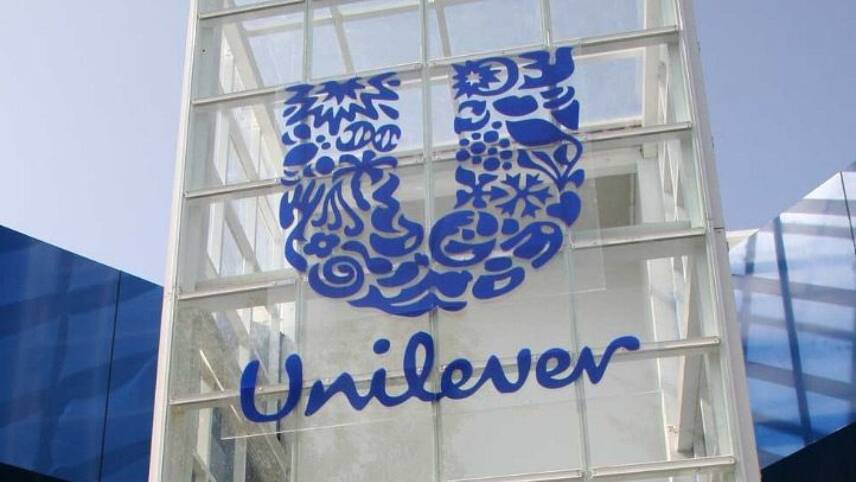Register for free and continue reading
Join our growing army of changemakers and get unlimited access to our premium content

The world is currently not on track to achieve any of the United Nation’s (UN’s) Sustainable Development Goals (SDGs) by 2030 – according to the latest report from the UN Sustainable Development Solutions Network.
Thankfully, solutions already exist for how we rapidly accelerate the transition to a low-carbon, more inclusive and healthier world. Impact entrepreneurs and SMEs in the Global South are creating new business models that people, the environment and the economy urgently need. The challenge is to connect these pioneers with the resources required to scale their innovations.
The answer is cross-sector collaboration.
We need new kinds of partnerships between business, government, and academia to support and scale untapped solutions that are already out there. By combining public sector investment with private sector expertise, we can empower those with the solutions in their hands, to drive sustainable development and achieve the SDGs.
TRANSFORM is an example of this kind of innovative, cross-sector partnership. Uniting corporates, donors, investors and academics, it supports visionary impact enterprises across Africa, Asia and beyond. It combines funding from the UK’s Foreign, Commonwealth and Development Office with business support and opportunities from Unilever, EY and other collaborating companies and organisations.
This type of collaboration creates opportunities for everyone involved – not just the innovators. When big companies and funders help small, solution-led businesses scale new approaches to challenges – like a lack of waste management infrastructure, sanitation facilities or access to healthcare – they are assisting the development of new business models that will influence the evolution of their operations. New business models that they urgently need in a rapidly changing world. This is how corporates can accelerate innovation through their supply chains and drive climate action.
Take Hasiru Dala, for example, an enterprise with a big vision to create better livelihoods for informal waste sector workers, while providing recycled plastics for India’s growing circular economy. Every year it is estimated that the country generates 65 million tonnes of waste. Less than 5% of it is recycled, due to a widespread lack of formal waste management infrastructure.
With support from TRANSFORM, Hasiru Dala increased the capacity of its material recovery facilities tenfold, secured Fair Trade certification and started supplying recycled plastic for Unilever’s own SunSilk shampoo brand – all while creating better livelihood opportunities for informal waste collectors. The benefits flow in two ways. By directing resources to help socially and environmentally innovative start-ups, companies are discovering new ways to meet the SDGs, driving business growth and rapid impact across their whole value chain.
Bringing together a unique collaborative mix of government, commercial businesses and consultancy can turbocharge innovation.
TrashCon’s success is a good example of collaboration to turbocharge innovation. TRANSFORM supported the expansion of TrashCon, a startup applying tech innovation to India’s waste problem. The founders of the startup developed an ingenious ‘TrashBot’, which mechanically segregates mixed waste into degradable and non-degradable parts. It then converts them respectively into compostable biomass and a board material similar to Medium-density fibreboard (MDF) that can be used in the construction sector.
When we first met the TrashCon team in 2019, they had a proof-of-concept prototype for their Trashbot, but no way forward. They lacked financial backing and business expertise. We supported them with both, so they could quickly scale.
Subsequently, TrashCon has progressed from processing two tonnes of waste per day to installing machines that each process 200 tonnes per day across 20 cities in India. They have also transitioned from a donor-supported organisation into a profit-making enterprise attracting multi-million dollar commercial investments to drive further scale. This rapid evolution and growth wouldn’t have been possible through a traditional impact grant-funding model.
Instead of carrying on with business-as-usual, we must embrace new opportunities.
The ones that already exist and are ready to be scaled! Humanity only has seven years to achieve the SDGs and to maintain critical planetary and social boundaries. We cannot let irreversible tipping points be breached when the answers are all around us.
The SDGs exist because climate change, nature degradation, biodiversity decline and water scarcity are complex and intertwined problems. They are not just environmental issues but have a devastating impact on people’s lives and livelihoods. That’s why the entrepreneurs on the frontline are developing the best solutions.
Only by empowering these innovators to “do well by doing good” through new kinds of collaboration – involving global brands, governments, academics, NGOs and corporate value chains – can we achieve the changes we all want to see.
As time runs out, companies serious about the SDGs need to embrace new kinds of partnership. They must collaborate with different parts of society like never before, to test and scale solutions that tackle environmental challenges, improve people’s health and build inclusive economies. No organisation or business can do this alone. The reality is that the only way to address the world’s problems and meet our shared goals is by working together. Everything – and everyone – is counting on it.



Please login or Register to leave a comment.